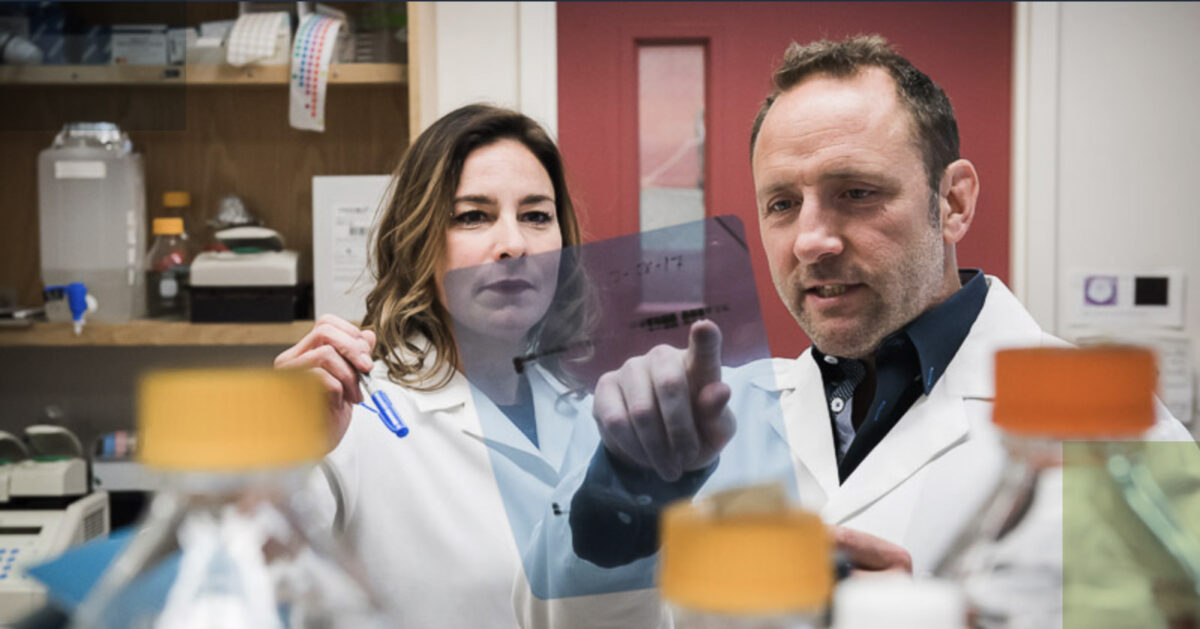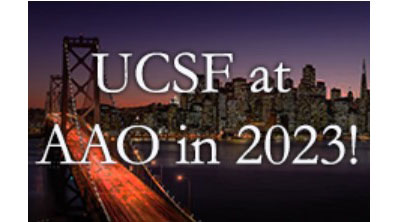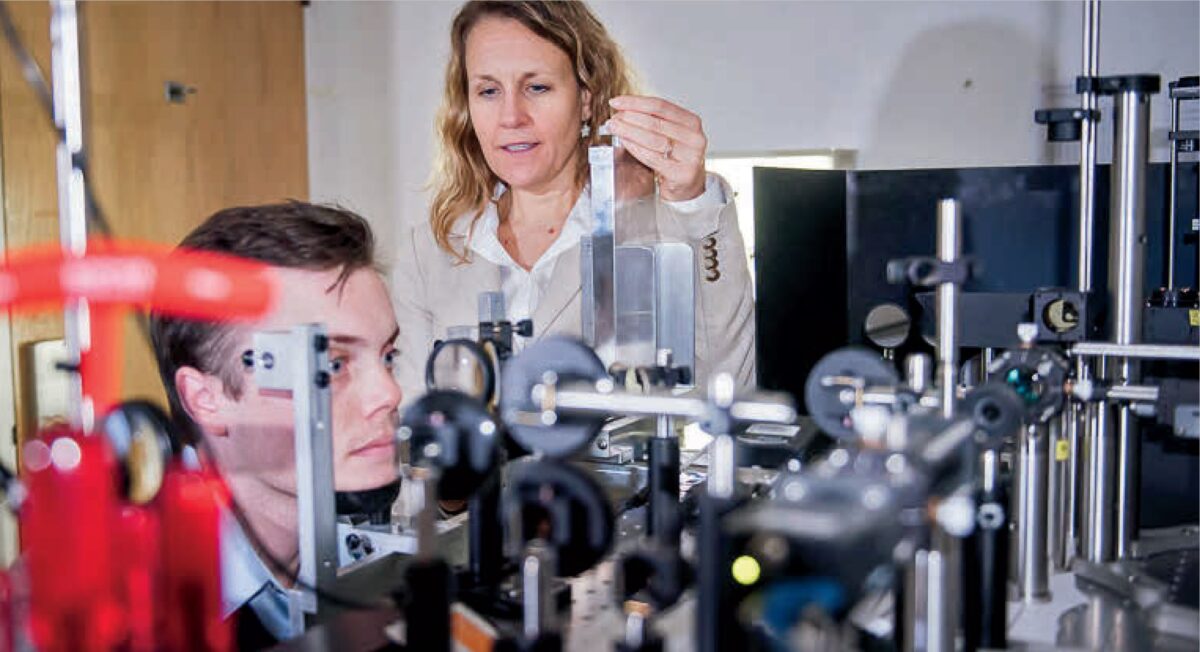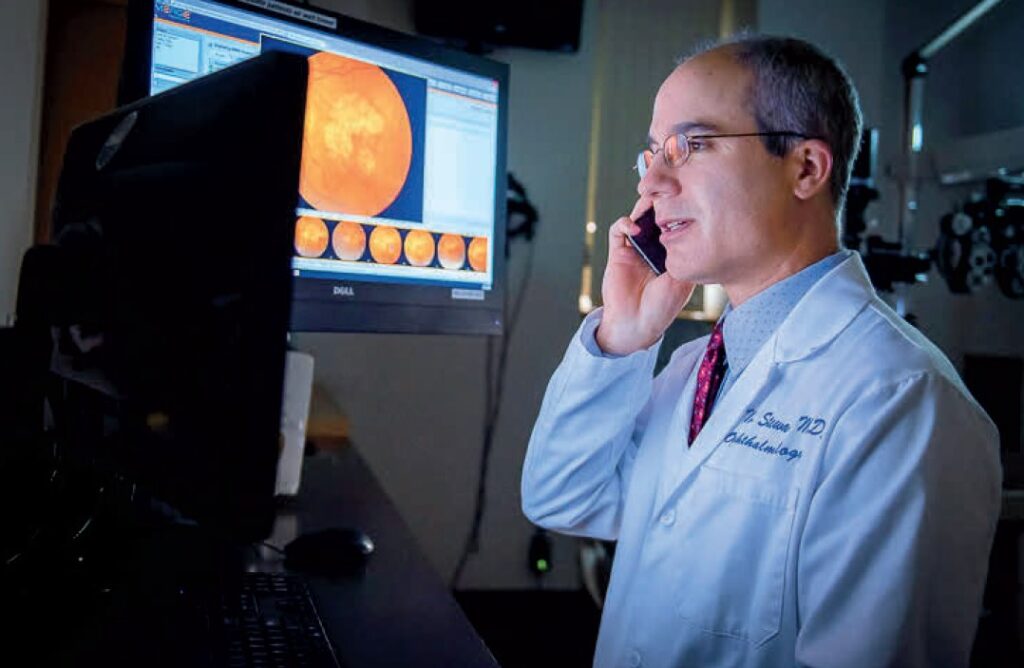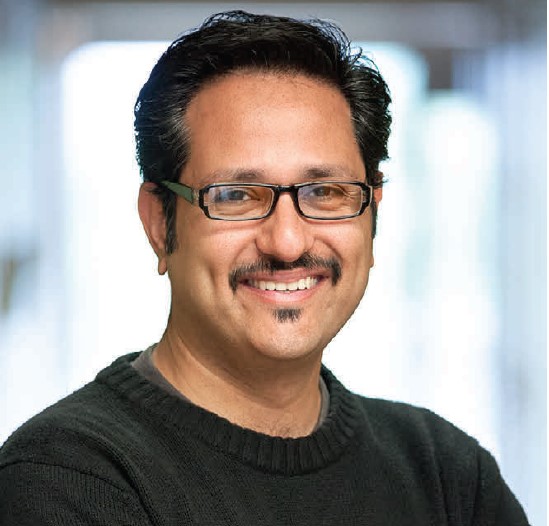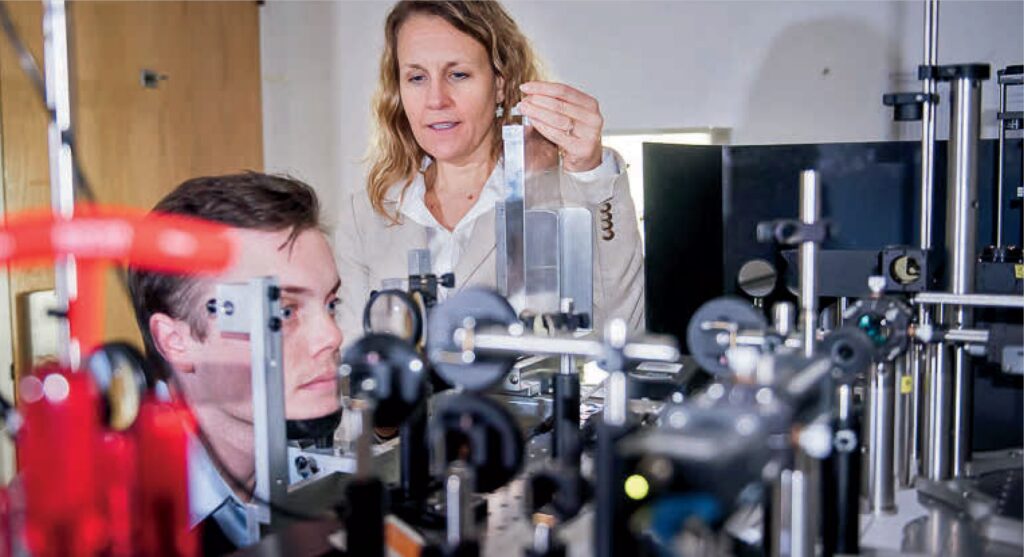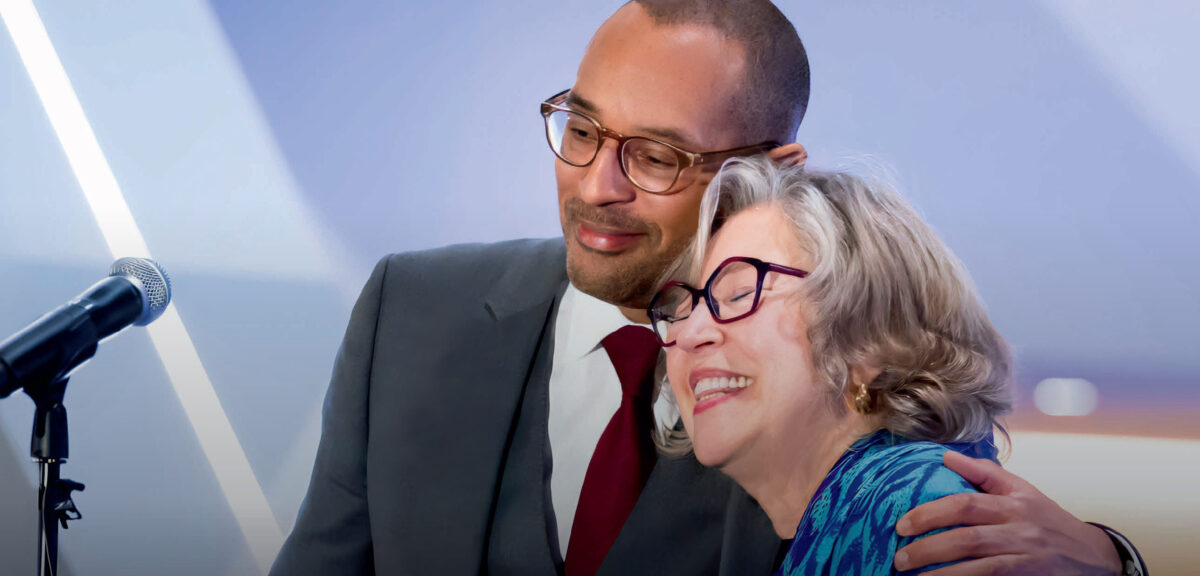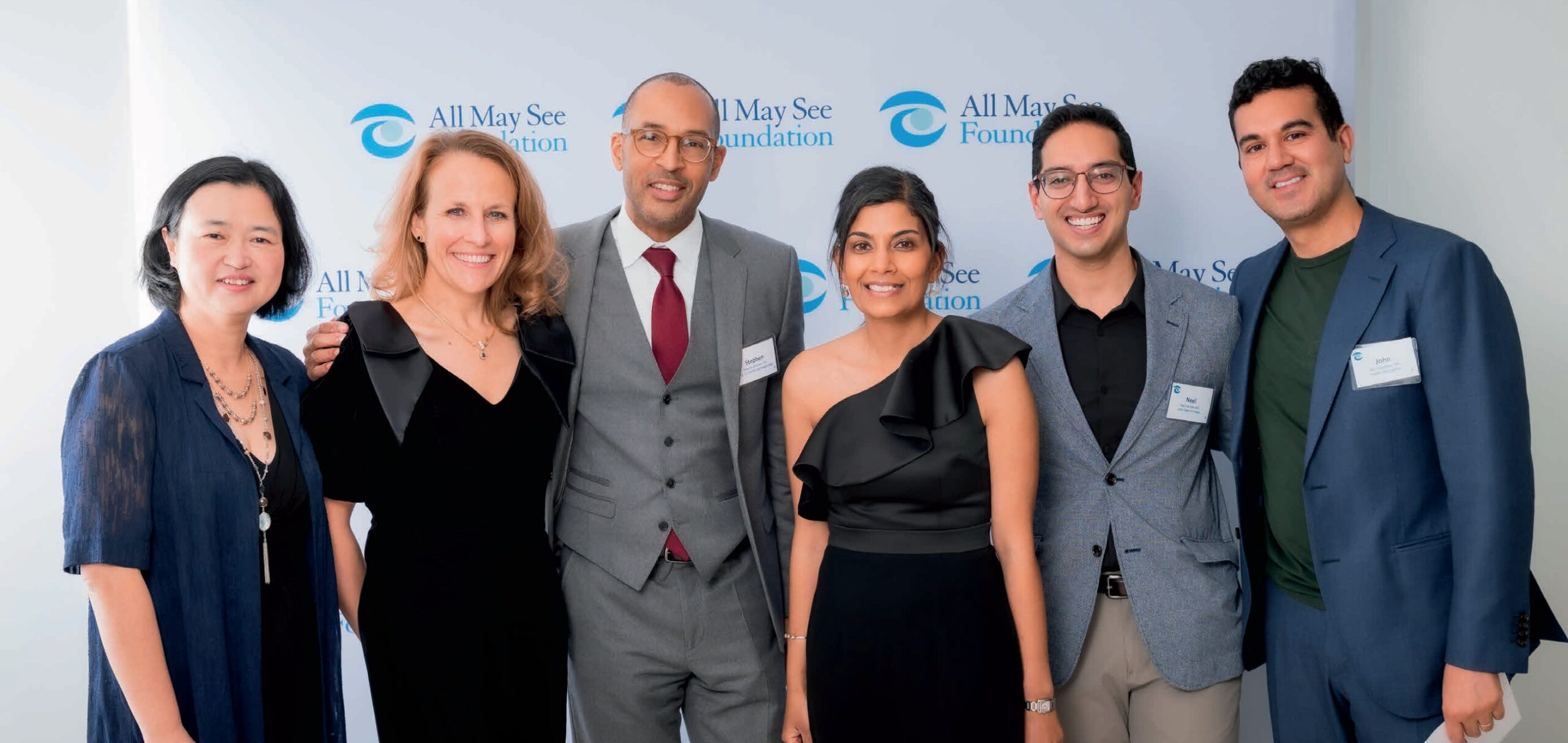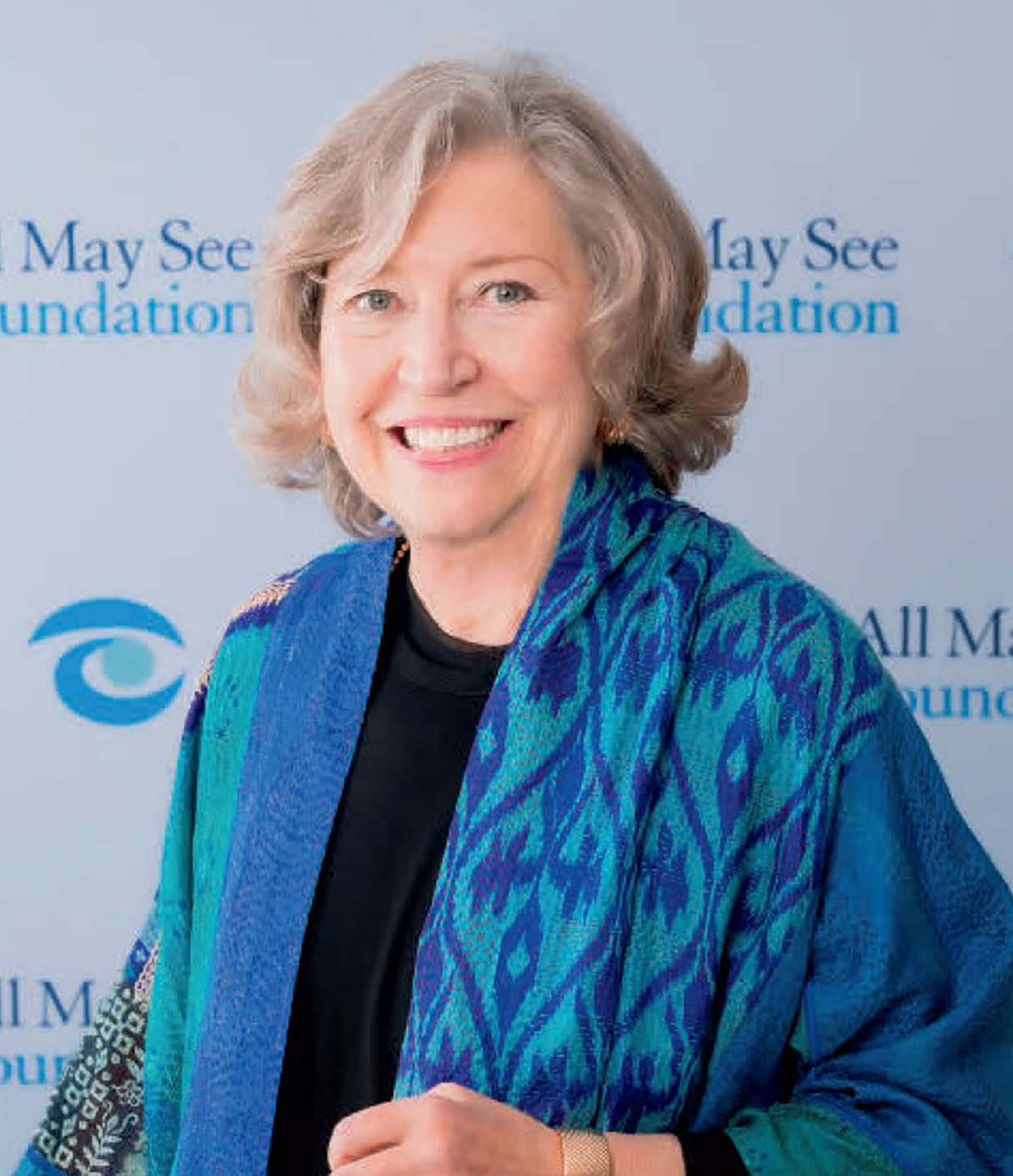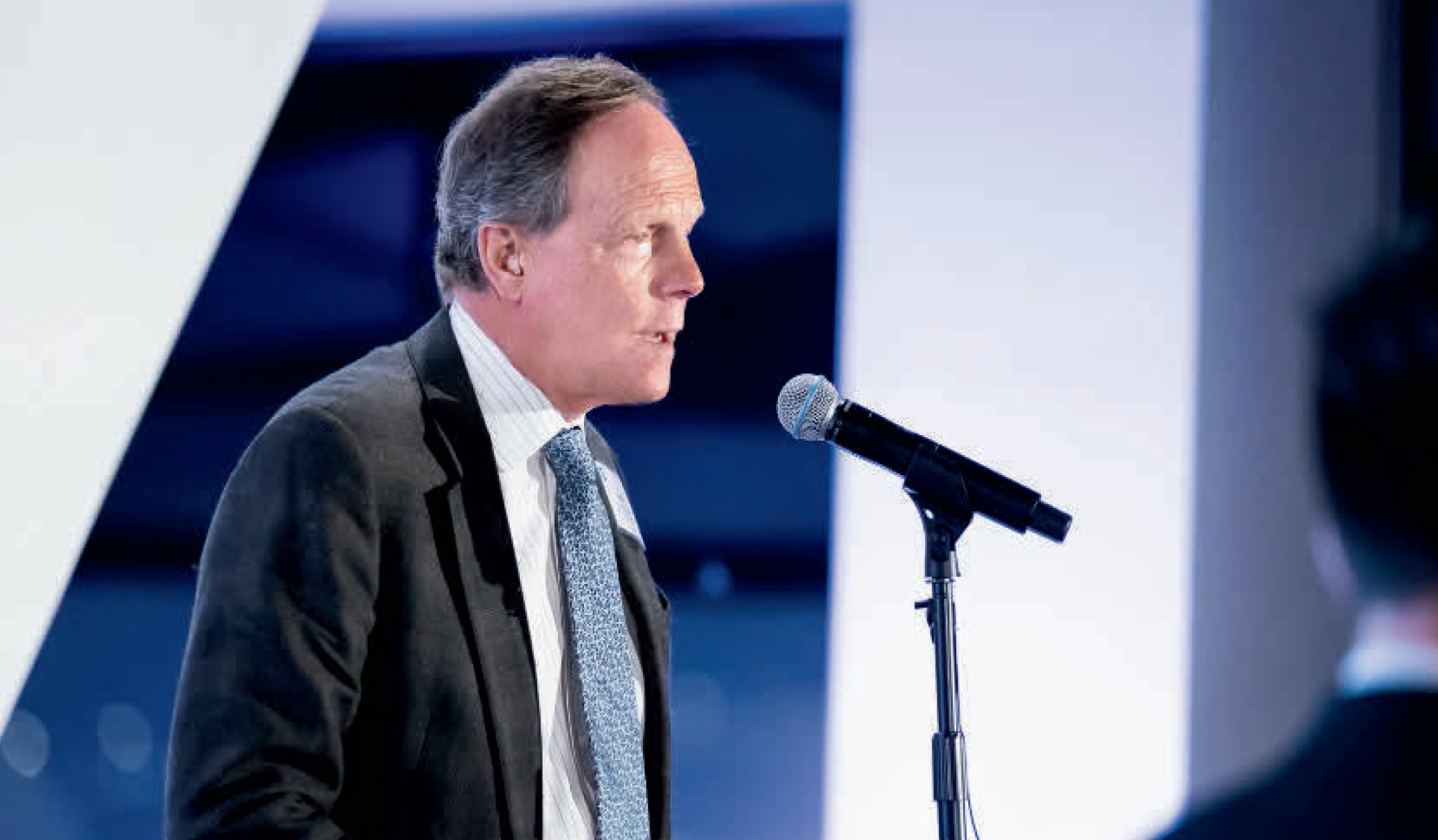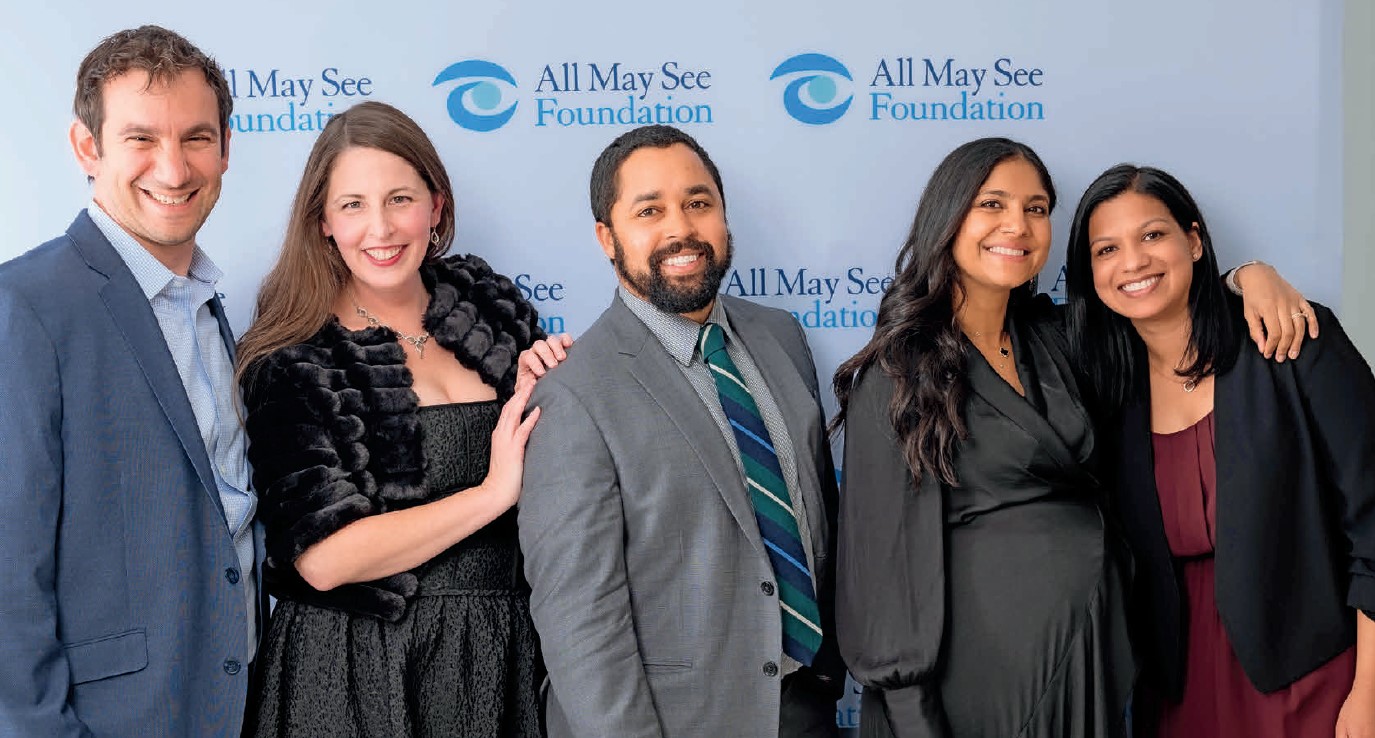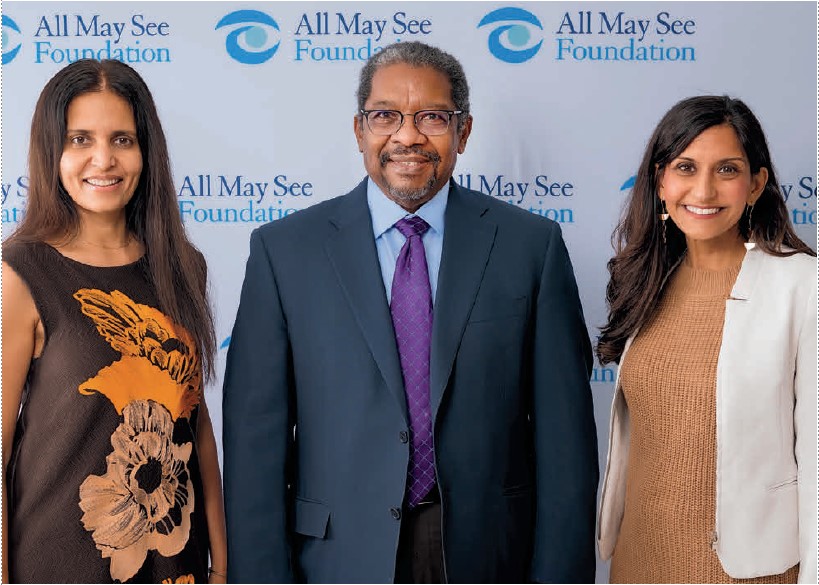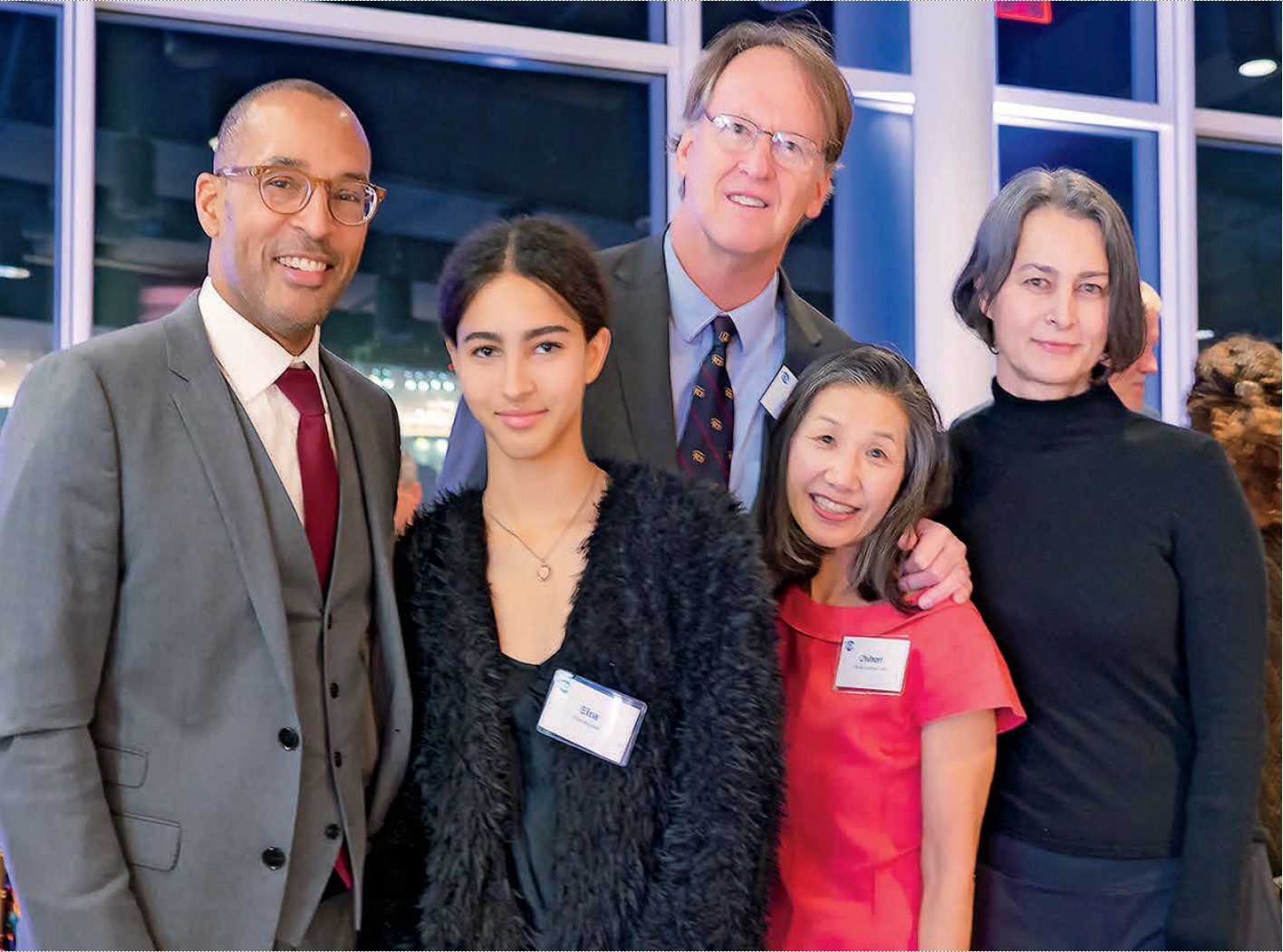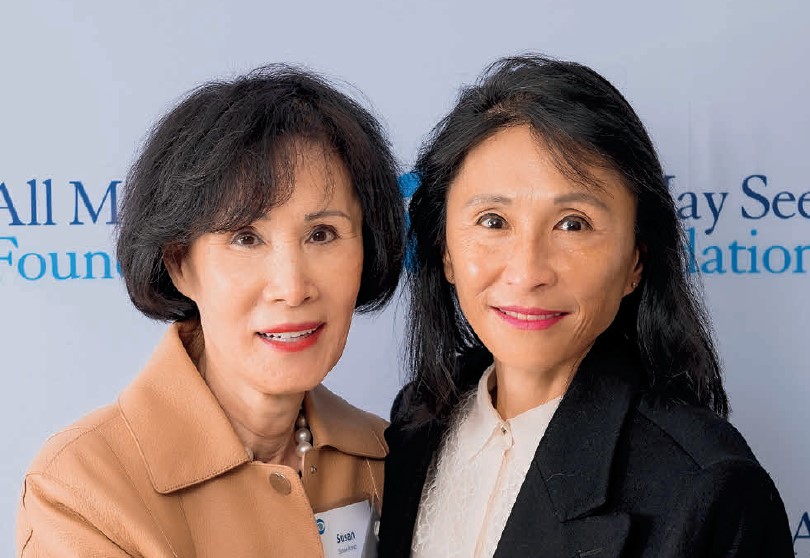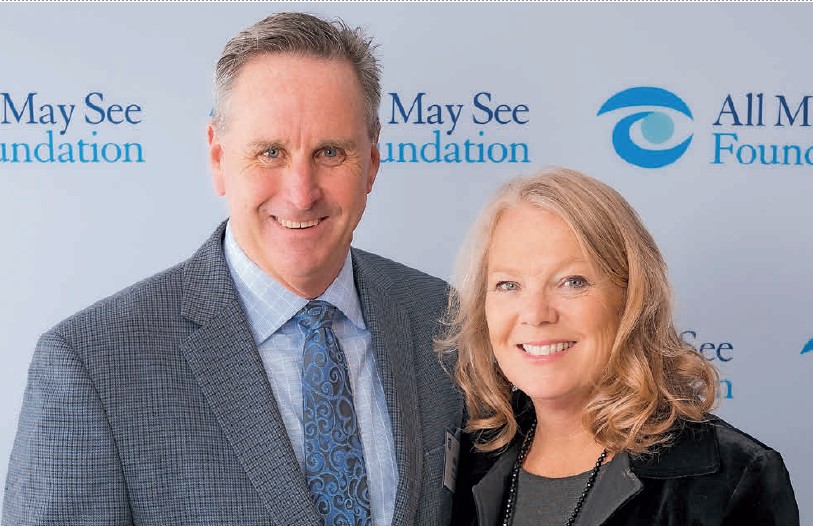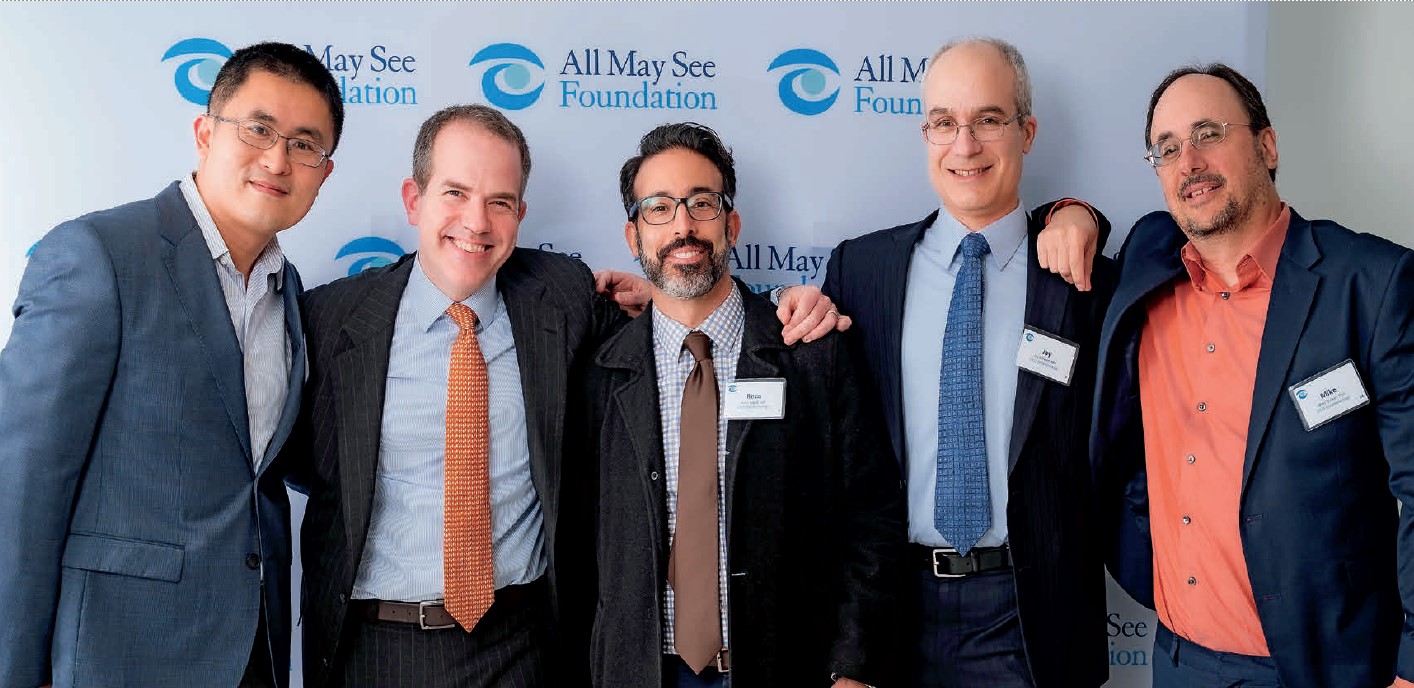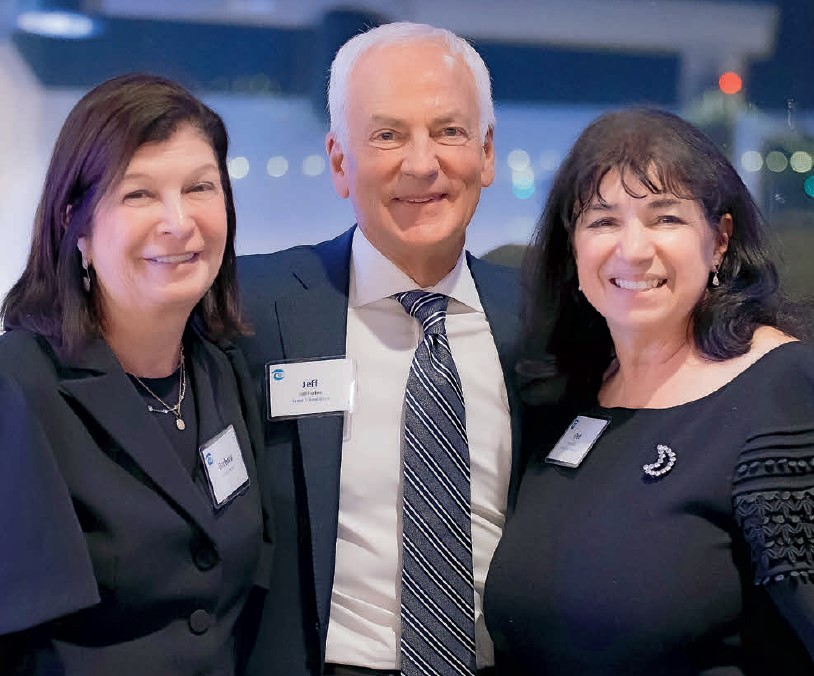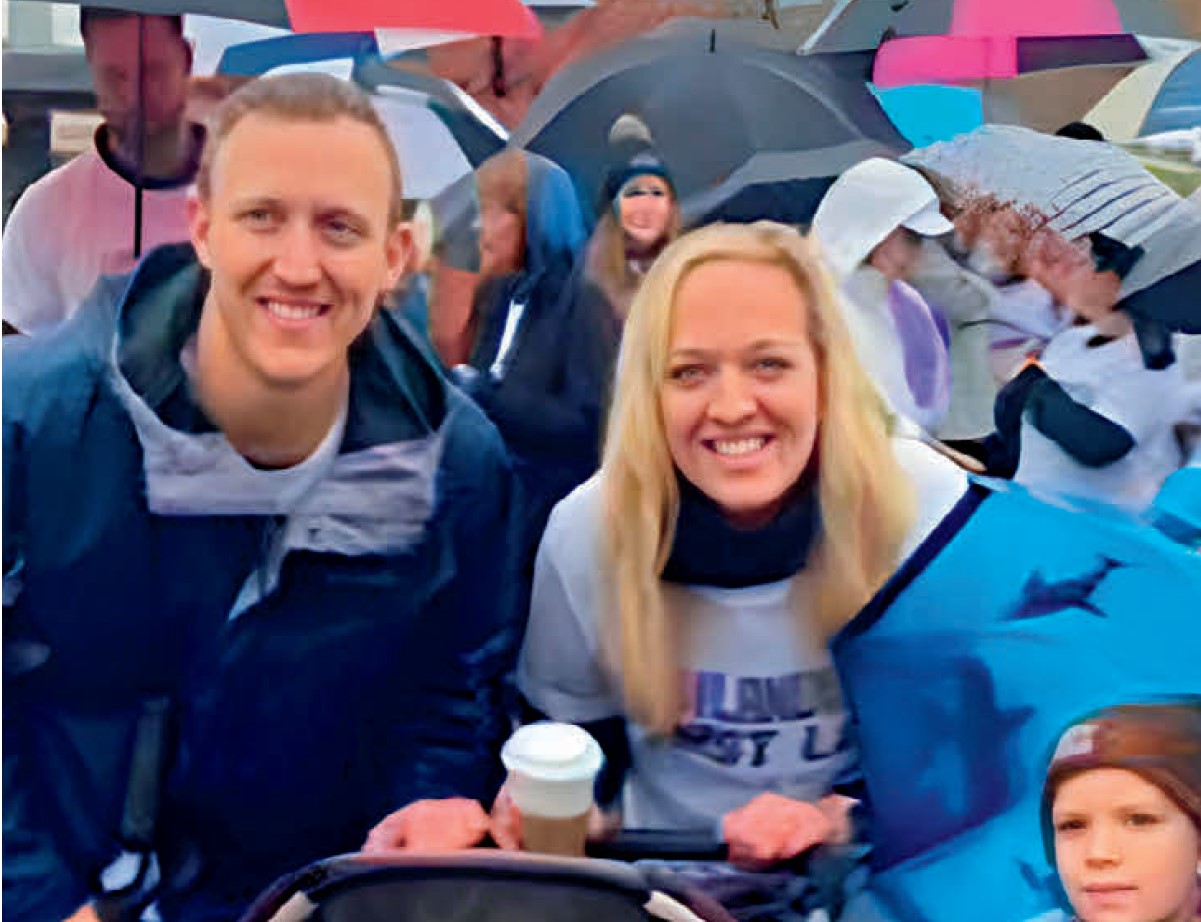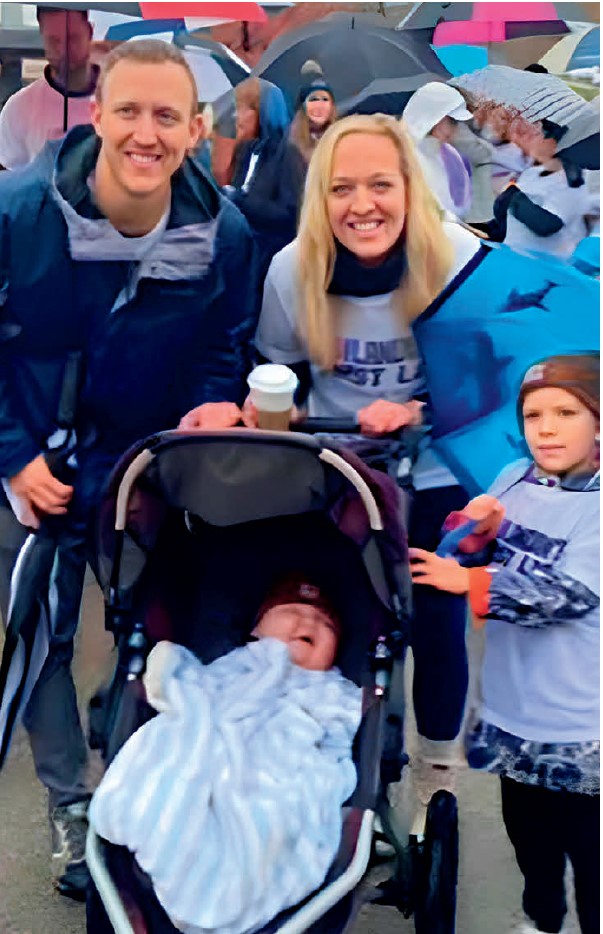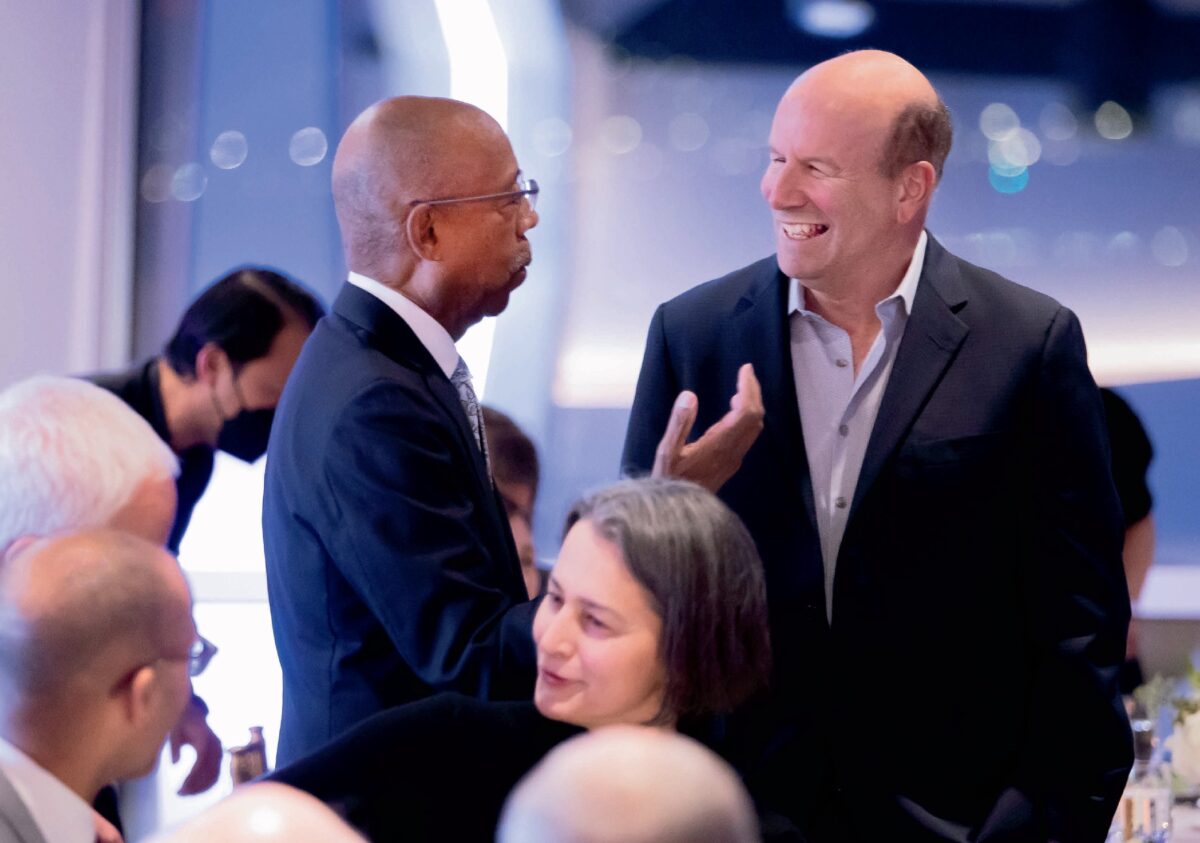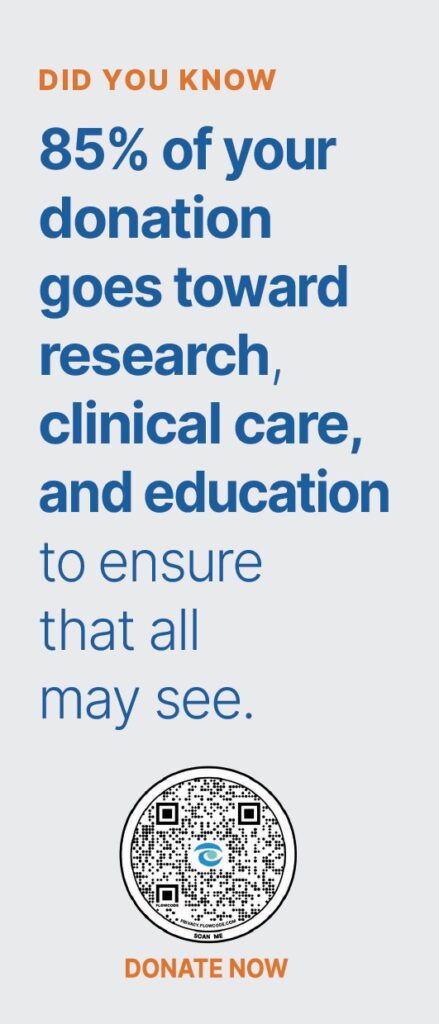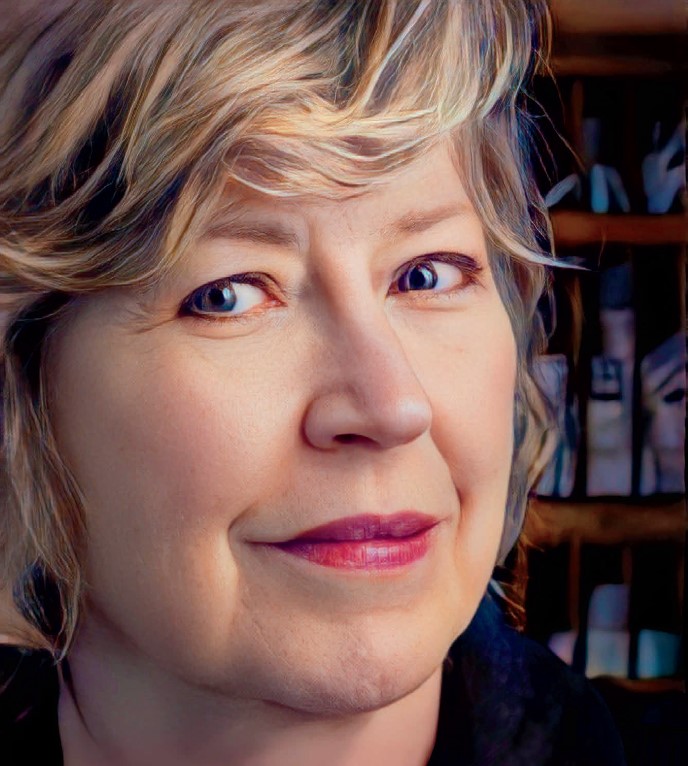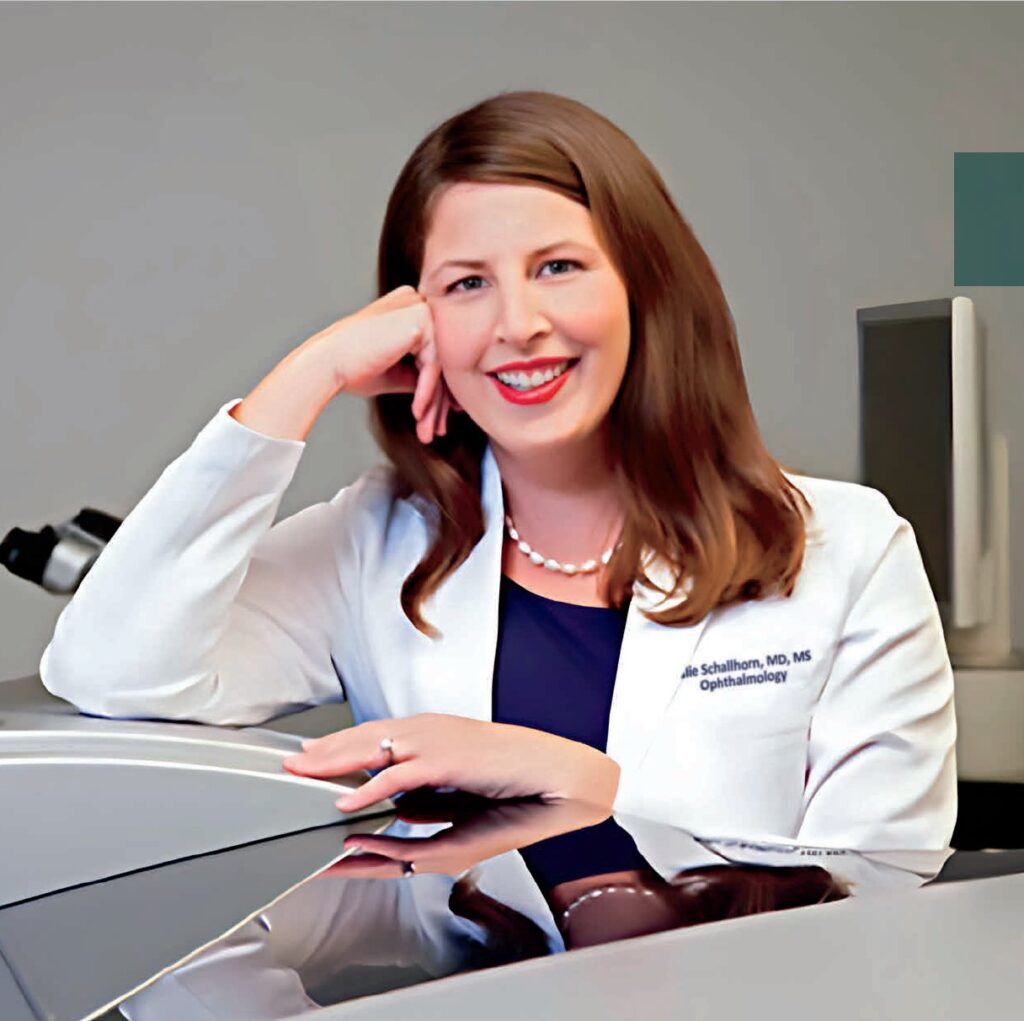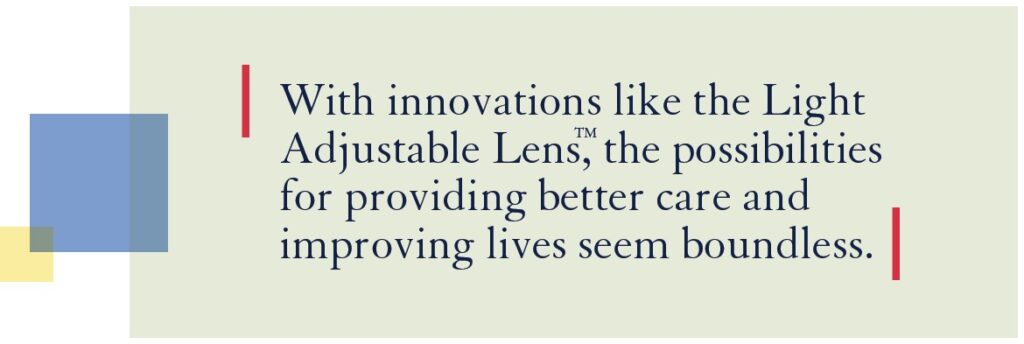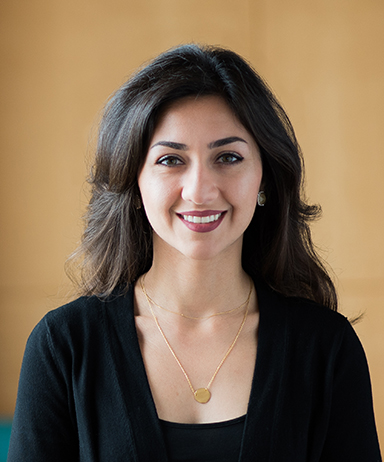A news story featuring how Dr. Douglas Gould’s work lead to the opening of the world’s first center of excellence to help families of children with Gould Syndrome is featured on UCSF’s News!
We are pleased to announce a story about the opening of the First Center of Excellence for Gould Syndrome, featuring our Dr. Douglas Gould and his research efforts leading to this new center to help families with children affected by this rare genetic disorder. This center is also includes pediatric ophthalmologist Dr. Alejandra de Alba Campomanes and is the culmination of years of Dr. Gould’s research group’s translational research work to understand the biological functions of a multi-system disorder that is caused by mutations in the genes encoding type IV collagen alpha 1 (COL4A1) and COL4A2. Dr. Gould is a Professor of Ophthalmology and Anatomy and a member of the Institute for Human Genetics, Bakar Aging Research Institute, and Cardiovascular Research Institute.
Learn more about their research here: https://ophthalmology.ucsf.edu/gouldlab/ and read the exciting full news story here: https://www.ucsf.edu/news/2024/02/427141/ucsf-opens-worlds-first-center-excellence-gould-syndrome

